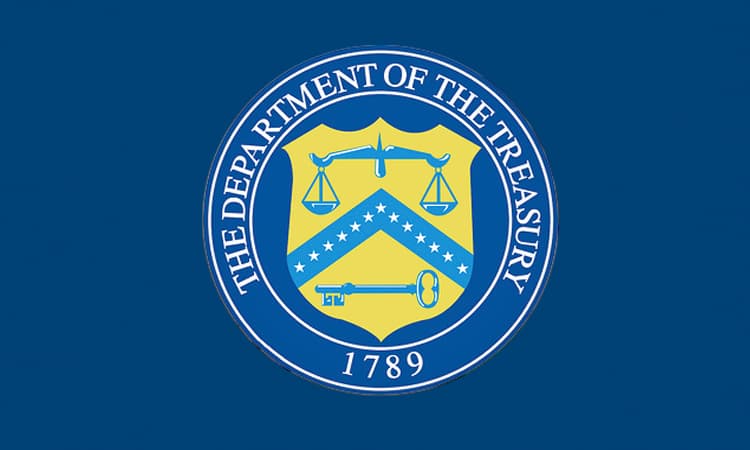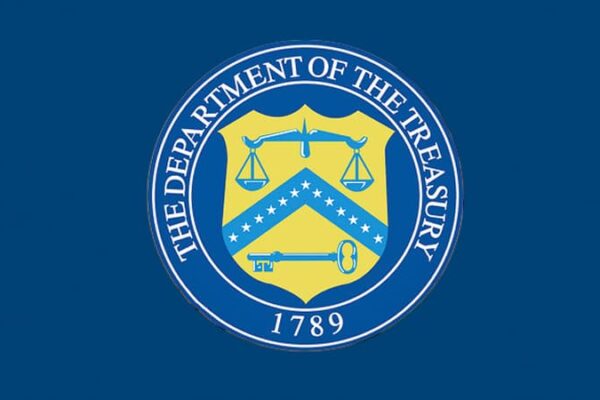How To Legally Play Online Casino In Germany
Germany is one of the most popular countries in Europe, known for its culture and beautiful attractions. The gambling industry in this country has gone through various phases since the days of just physical establishments to the modern era when we have both land-based and online casinos. Germany passed State Treaty on Gambling, Glücksspielstaatsvertrag, on 1st July 2021, allowing online gambling in the country. This law enables German players legally enjoy online casinos, virtual slot machines, and online poker at local and foreign casinos.
Before the new law, German players enjoyed games at various overseas casinos from countries such as Malta, Cyprus, and the UK.
Licensing of Online Casinos in Germany
The new gambling law has created GGL; the body mandated to regulate the nation’s gambling industry. GGL monitors and takes action against unlicensed offshore casino operations and illegal gambling at local casinos.
The regulator grants operating licenses to private companies to provide iGaming services in the country. Even companies with operating licenses from other nations and online casinos ohne Lizenz still have to get a German permit to offer online slots, poker, and sportsbook.
The permit is renewable every five years and is granted to the operator who satisfies the requirements of valuable consideration, a chance to win, and determination of winnings. GGL is based in Saxony-Anhalt federal state.
Registering at German Online Casino
You need to provide the following details when signing up at German online casinos:
- Full names
- Date of birth
- Place of birth
- Residential address
The operator confirms the details before completing the registration process. One of the treaty’s provisions is the availability of a shared database that all operators in the country can access and decide whether to confirm the registration.
Payments Options at German Online Casinos
With the new laws legalizing online gambling in the country, German players can now deposit and withdraw money via several banking options accepted at local and offshore online casinos. The operators confirm a payment method’s security, convenience, transparency, efficiency, and cost before accepting it on their platforms.
Casinos allow direct bank transfer, debit and credit cards, and digital options like Neteller, Skrill, EcoCard, Giropay, PaySafeCard, PayPal, Citadel, and Sofort.
Crypto casinos are also on the rise in German, with German regulators not being too strict. However, as time goes on, regulators will enact more regulations to regulate their use and protect users from illegal activities using cryptocurrencies.
In light of the country’s new gambling laws, online casino operators must employ the following features at their casinos:
Top-Notch Security
The State Treaty on Gambling emphasizes customers’ security while playing at German online casinos. Customers also want assurance that their personal and financial details do not fall into the wrong hands.
A friendly User Interface
Under the new laws, players must be able to access all website pages at any time. Players should be able to locate their account balances, top up accounts, or close them at will.
The rules of casino games should also be simple to protect customers from misunderstandings that can lead to financial losses.
Multiple Banking Options
German online casinos should also allow a variety of payment methods. At a minimum, a German casino player should be able to make financial transactions via credit and debit cards, online bank transfers, and PayPal. Customers should also be able to withdraw their winnings instantly without undue delays.
Clear Bonuses and Loyalty Programs
The new regulations require all online casinos in Germany to ensure the terms of their bonus offers and loyalty programs are clearly articulated. Providing misleading promotions with unreasonable wagering requirements that make beneficiaries lose is illegal.
Responsible Gambling Measures
Gambling in Germany is a problematic issue that forced federal states to ban online gambling in their jurisdictions for many years. With the legalization of online gambling, casinos and other online gaming operators must have solid strategies to protect gamblers from addiction.








